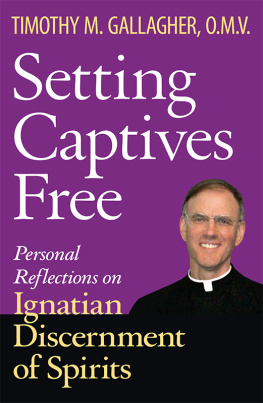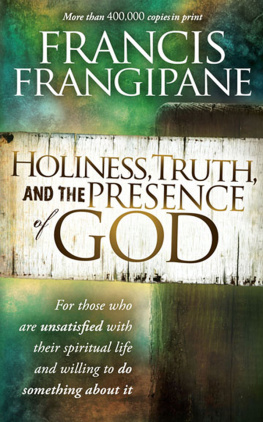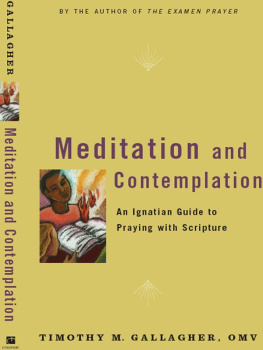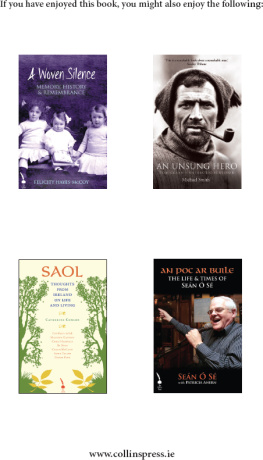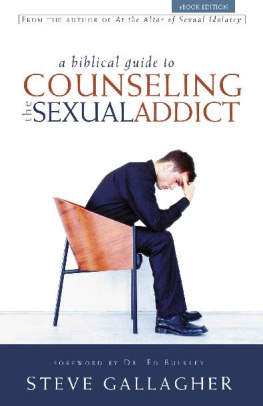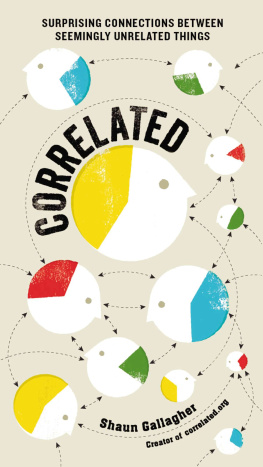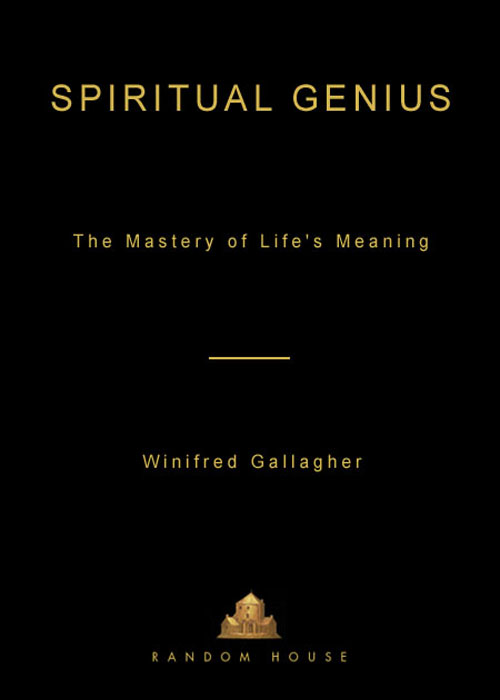
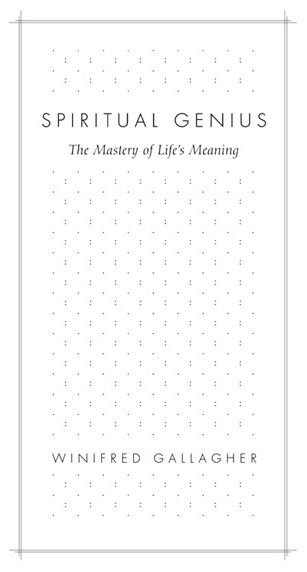

CONTENTS
To the handful of unknown great souls
among us who, according to religious tradition,
uphold the world
A man questioned abbot Nistero: What good work shall I do? And he answered, All works are not equal. The Scripture saith that Abraham was hospitable, and God was with him. And Elias loved quiet, and God was with him. And David was humble, and God was with him. What therefore thou findest that thy soul desireth in following God, that do, and keep thy heart.
Verba Seniorum (The Sayings of the Desert Fathers)
FOREWORD
Only Human
Spiritual genius is the uniquely human ability to seek lifes meaning. Its the voice inside us that keeps asking Whats it all about? Who am I? How can I make a difference? This inclination to wonder why we exist is not rarefied, or even necessarily conventionally religious, but a basic human trait. Just as were born yearning for relationships, were born with a craving to know our larger purpose.
Over three hundred years ago the poet John Dryden observed that Every age has a kind of universal genius, which inclines those that live in it to some particular studies. Beginning with those of Einstein, the twentieth century had a special genius for exploring the material worldwalking on the moon, performing medical miracles, computerizing the global village. At the dawn of the twenty-first century, however, all of this scientific and technological genius has highlighted one of our most ancient questions: Is there something more? Something that underlies and unifies life, including the bits and pieces of our own? That can sustain us through the promise and peril of the new century? The answer calls for spiritual genius, which inclines the individuals in these pages along with many others to particular studies of our search for meaning, both as individuals and as a society.
We think of genius as meaning both extraordinary talent and the person who has it. The Latin words original, ancient definition, however, is an animating spirit that guides each of us to a special destinynot just the entries on our rsums, our social roles, or the gratification of our egos but a uniquely meaningful life. To find that larger purpose, that thing that makes it all make sense, we can, like the men and women in this book, use our spiritual genius to do three things.
First we can follow our animating spirits into a hidden reality that exists, as the dictionary wonderfully puts it, above the categories and predicaments of the everyday world. Next we can choose to root ourselves in this ground of being,1 whose names include God and the transcendent, Buddha nature and Truth. Then we can express or even embody this mystery in the world as only each of us canoften not so much by what we do as by how we do it. Spiritual genius enables us to do all of these things according to our own lights, which guide us to a unique place within a vast, sacred scheme of things that puts our ups and downs into perspective and illumines even our inevitable sorrows with a peculiar joy.
All of us use our spiritual genius some of the time. We might not recognize it as such, but we tap it whenever we just know that something is happening for a reason that, to paraphrase Blaise Pascal, reason does not know. Spiritual genius tells us that, despite the chaos and confusion around us, everything is all right, so we might as well be nice. It tells us that if we take on a worthwhile challenge, well somehow find the necessary strength and help. It tells us that our true self is more than a bunch of personality traits and problems. Like a compass, spiritual genius always points us toward a reality larger than the ego and the status quo. Once we members of the meaning-seeking species find our place in the grand design, were able to gather up the pieces of our everyday lives, making a coherent picture out of what can seem like an impossible puzzle.
Sometimes, were most aware of spiritual genius when we lose contact with it. We forget what we just know, and our sense of purpose. Nothing seems right, and nothing seems to help. Lifes joys seem hollow, and its sorrows unbearable. This feeling of meaninglessness brings to mind the ancient Romans belief in an evil animating spirit, which struggled with the benign genius over a persons fate. The image of this diabolic genius peculiarly suits our own times, when many clever, powerful, cynical voices insist that a human being is nothing but smart meat in search of more stuff.
All of us use spiritual genius some of the time, but some of us use it all of the time. This book explores our human gift through the lives of such spiritual geniuses, because in them we see our own potential writ large. No matter how extraordinary they seem, these men and women differ from us only quantitatively, not qualitatively. Religion has many names for themsaints, tzaddiks, bodhisattvas are just a fewand describes them as holy, or intensely aware of the sacred grand design; as good, which means not just moral but compassionate; and as charismatic, or able to inspire others. Using different language, psychology describes the same individuals as visionary leaders who share the respected statesmans altruism and social skills and the artists capacity for transcendent experience. Their terms may vary, but religion and science agree with Thomas Edison that where the spiritual sort, too, is concerned, Genius is 1 percent inspiration, 99 percent perspiration.
Each of the geniuses here belongs to one of the worlds great spiritual traditions. Religion may not be perfect, but it has recorded our search for lifes meaning throughout history, which has saved untold millions from starting the quest from scratch. These men and women vary greatly in both personal and cultural ways. They include a low-key Hindu doctor, a passionate Muslim scholar, a sociable Talmudist, a witty Buddhist hermit, a workaholic Christian social reformer. Despite tremendous differences, however, these spiritual geniuses affect us in three fundamental ways. They focus our attention on a reality thats more than meets the eye. They compassionately teach us by words or example how to find and develop our own special roles in the great sacred scheme of things. And they inspire us by demonstrating the ultimate expression of our human potential.
My fascination with spiritual genius evolved through a convergence of professional and personal interests. As a journalist, Ive mostly written about behavioral science, whose ultimate reality is the biochemical universe that lies between our ears. At a certain point, however, I began to see that science certainly has some of the answers to the question of why our lives are the way they are, but not all of them. This sense of something missing got stronger as my pursuit of happiness began to feel more and more like a treadmill. Just like the clichs say, having what we want doesnt satisfy us for long. But how, exactly, do we go about wanting what we have? Weve all been told that happiness comes from inside, not outside. But how, exactly, do we stay centered when the external world pulls us in a million different directions? Such questions inevitably raise others that lead to the sense of meaning.
Lifes meaning has been variously and wondrously addressed by poetry and philosophy, art and music, but its the principal focus of religion. Embarrassing as it is to admit, it was only when I began to investigate the great spiritual traditions that I started to wonder about the purpose of my own lifenot in the usual sense of fulfilling various roles in the everyday world but from religions vast perspective. What if anything that was special did I bring to this really big party? Something beyond being a wife, mother, daughter, friend, taxpayer, cat owner? It was an interesting exercise.
Next page





